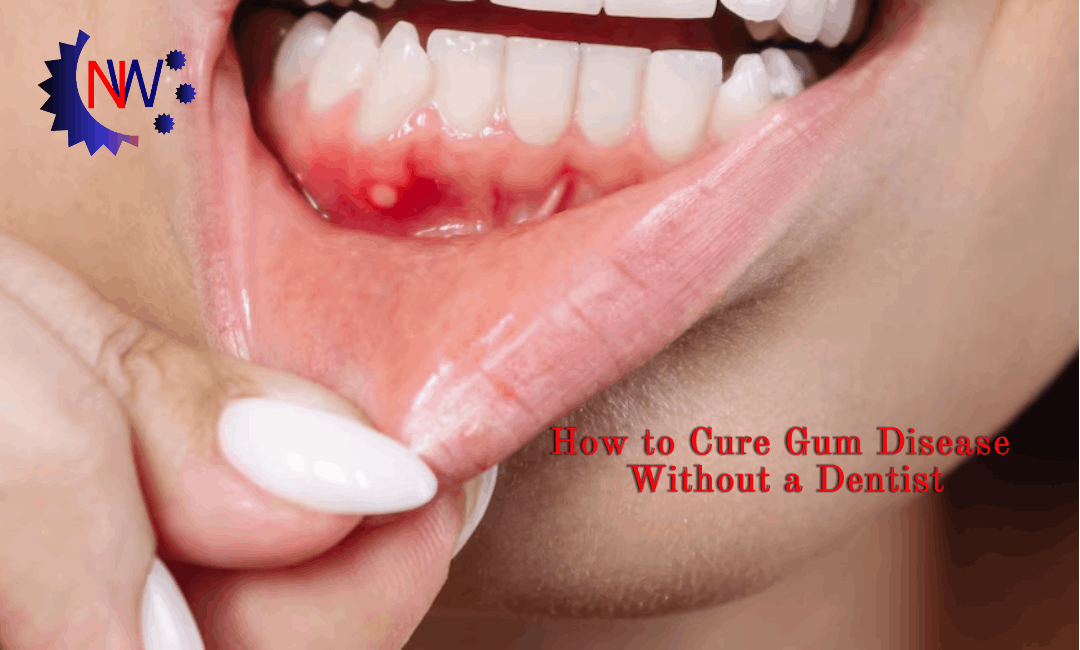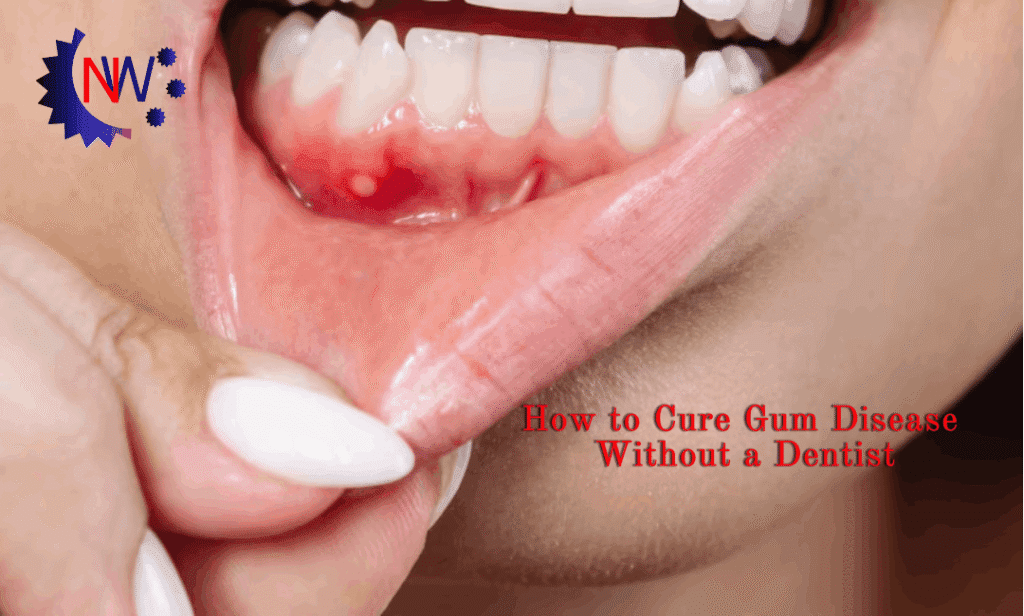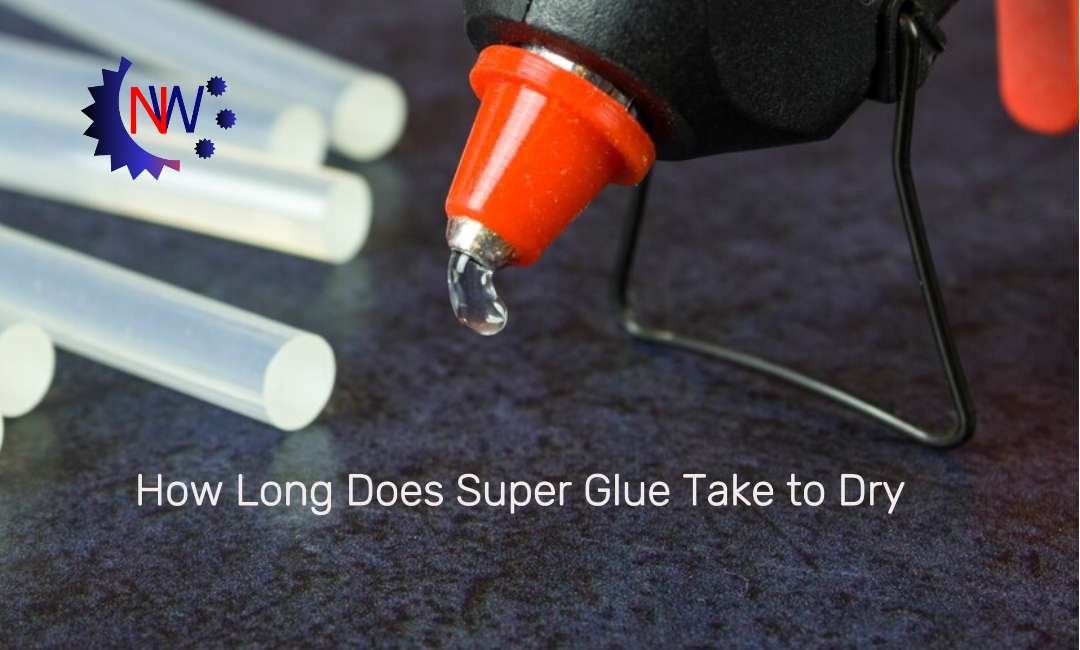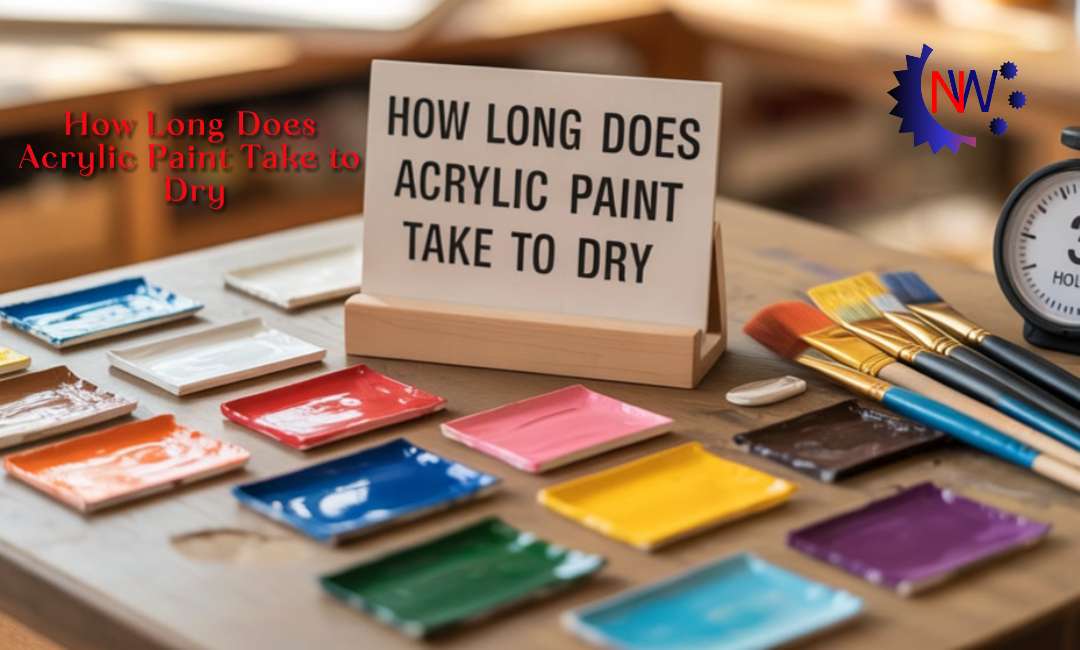How to Cure Gum Disease Without a Dentist: Home (No Dentist Needed)

Gum disease, also known as periodontal disease, is a common oral health problem that affects millions of people worldwide. It can cause swollen, bleeding gums, bad breath, and even tooth loss if left untreated. While visiting a dentist is the most effective way to treat gum disease, many people wonder if it’s possible to cure gum disease at home, especially in its early stages. In this comprehensive guide, we’ll explore how to cure gum disease without a dentist, using home remedies, natural treatments, and lifestyle changes. We’ll also discuss when it’s time to seek professional help and how to prevent gum disease from returning.
What Is Gum Disease?
Gum disease is an infection of the tissues that hold your teeth in place. It’s usually caused by poor brushing and flossing habits that allow plaque—a sticky film of bacteria—to build up on the teeth and harden. There are two main stages:
- Gingivitis: The earliest stage, characterized by red, swollen gums that may bleed easily. Gingivitis is usually reversible with good oral hygiene and home care.
- Periodontitis: A more advanced stage where the gums pull away from the teeth, bone can be lost, and teeth may loosen or fall out. Periodontitis often requires professional dental treatment.
Common symptoms of gum disease include:
- Swollen, red, or tender gums
- Bleeding when brushing or flossing
- Persistent bad breath
- Receding gums
- Loose teeth (in advanced cases)
- Pus between teeth and gums
Can You Cure Gum Disease at Home?
The answer depends on the stage of gum disease.
- Mild gum disease (gingivitis) can often be reversed with consistent home care and natural remedies.
- Advanced gum disease (periodontitis) usually requires professional dental treatment, such as deep cleaning (scaling and root planing), antibiotics, or even surgery.
Important: If you have severe pain, loose teeth, or pus, you should see a dentist as soon as possible. Home remedies are best for early gum disease and prevention.become a pharmacist
Home Remedies for Gum Disease
If you’re looking for the best way to get rid of gum disease at home, focus on a combination of proper oral hygiene, natural treatments, and healthy lifestyle choices.
Proper Oral Hygiene
The foundation of any gum disease home treatment is excellent oral hygiene. Here’s how to get healthy gums again:
1. Brush Your Teeth Correctly
- Brush at least twice a day with a soft-bristled toothbrush.
- Use gentle, circular motions to clean along the gumline.
- Consider an electric toothbrush for more effective plaque removal.
- Use a fluoride toothpaste or one formulated for gum health.
2. Floss Daily
- Floss once a day to remove plaque and food particles between teeth.
- If traditional floss is difficult, try interdental brushes or a water flosser.
3. Clean Your Tongue
- Use a tongue scraper or your toothbrush to remove bacteria from your tongue, which can contribute to gum disease and bad breath.
4. Replace Your Toothbrush
- Change your toothbrush every 3–4 months or after illness to prevent reintroducing bacteria.
Antibacterial Mouth Rinses
Rinsing your mouth can help reduce bacteria and inflammation.
1. Saltwater Rinse
- Mix 1/2 teaspoon of salt in a cup of warm water.
- Swish for 30 seconds, then spit out.
- Repeat 2–3 times a day to soothe gums and reduce bacteria.
2. Hydrogen Peroxide Rinse
- Mix equal parts 3% hydrogen peroxide and water.
- Swish for 30 seconds, then spit out (do not swallow).
- Use occasionally to help kill bacteria.
3. Antibacterial Mouthwash
- Use an over-the-counter mouthwash with antibacterial properties.
- Look for ingredients like chlorhexidine or cetylpyridinium chloride.
Natural Remedies for Gum Disease
Many people search for natural treatment for gum disease. While these remedies can support gum health, they should be used alongside—not instead of—good oral hygiene.
1. Oil Pulling
- Swish 1 tablespoon of coconut or sesame oil in your mouth for 10–20 minutes.
- Spit out and rinse with water.
- Oil pulling may help reduce bacteria and inflammation.
2. Aloe Vera Gel
- Apply pure aloe vera gel directly to your gums after brushing.
- Aloe vera has anti-inflammatory and antibacterial properties.
3. Green Tea
- Drink green tea or use it as a mouth rinse.
- Green tea contains antioxidants that may help reduce gum inflammation.
4. Turmeric Paste
- Mix turmeric powder with water to form a paste.
- Apply to gums, leave for a few minutes, then rinse.
- Turmeric is known for its anti-inflammatory and antimicrobial effects.
5. Tea Tree Oil
- Add a drop of tea tree oil to your toothpaste or dilute in water for a mouth rinse (do not swallow).
- Tea tree oil has antibacterial properties that may help reduce gum inflammation.
Diet and Nutrition for Healthy Gums
What you eat plays a big role in your gum health. Here’s how to heal gums naturally through diet:
- Eat foods rich in vitamin C (citrus fruits, strawberries, bell peppers) to support gum healing.
- Get enough vitamin D (fatty fish, fortified foods, sunlight) for immune support.
- Include crunchy fruits and vegetables (apples, carrots, celery) to help clean teeth naturally.
- Avoid sugary snacks and drinks, which feed harmful bacteria.
- Drink plenty of water to help wash away food particles and bacteria.
Lifestyle Changes
Certain habits can make gum disease worse. Here’s how to stop gum disease from getting worse:
- Quit smoking and avoid tobacco products, as they slow healing and worsen gum disease.
- Manage stress, which can weaken your immune system and make it harder for your body to fight infection.
- Get regular exercise to improve circulation and support your immune system.
- Limit alcohol consumption, which can dry out your mouth and increase risk of gum problems.
How to Reverse Gum Disease Naturally
If you’re wondering how to reverse gum disease naturally, the key is consistency. Here’s a step-by-step plan:
- Brush and floss daily to remove plaque and bacteria.
- Use natural remedies like oil pulling, aloe vera, and green tea to reduce inflammation.
- Rinse with saltwater or hydrogen peroxide to kill bacteria.
- Eat a balanced diet rich in vitamins and minerals.
- Avoid tobacco and manage stress to support your body’s healing.
- Monitor your gums for improvement—look for less redness, swelling, and bleeding.
With diligent care, you may see improvement in as little as 1–2 weeks. If symptoms persist, consult a dentist.

How to Stop Gum Disease from Getting Worse
Stopping gum disease from progressing is crucial. Here’s how:
- Don’t skip oral hygiene routines—even one missed day can allow bacteria to multiply.
- Address dry mouth by staying hydrated and chewing sugar-free gum to stimulate saliva.
- Treat underlying health conditions (like diabetes) that can affect gum health.
- Avoid mouth breathing, which can dry out gums and make them more susceptible to infection.
How to Fix Receding Gums at Home
Receding gums are a sign of gum disease and can be difficult to reverse completely at home, but you can prevent further recession and support healing:
- Use a soft-bristled toothbrush and gentle brushing technique to avoid further irritation.
- Try oil pulling and aloe vera gel to soothe gums.
- Avoid acidic foods and drinks that can erode gum tissue.
- Massage your gums gently with clean fingers to stimulate blood flow.
- Maintain excellent oral hygiene to prevent further damage.
Note: Severe gum recession may require professional treatment such as gum grafts.
When to See a Dentist
While home remedies can help with mild gum disease, you should see a dentist if you experience:
- Persistent pain or swelling
- Pus between teeth and gums
- Loose or shifting teeth
- Gums that bleed heavily or do not improve with home care
- Difficulty chewing or changes in your bite
Ignoring these symptoms can lead to tooth loss and other health problems, including increased risk for heart disease and diabetes.
How to Prevent Gum Disease at Home
Prevention is always better than cure. Here’s how to prevent gum disease at home:
- Brush and floss daily—don’t skip!
- Use an antibacterial mouthwash regularly.
- Eat a healthy, balanced diet with plenty of vitamins and minerals.
- Avoid tobacco and limit alcohol.
- Stay hydrated to support saliva production.
- Visit your dentist for regular checkups—even if you’re focused on home care, professional cleanings are important for long-term gum health.
Frequently Asked Questions
Can gum disease be reversed at home?
Mild gum disease (gingivitis) can often be reversed with good oral hygiene and home care. Advanced gum disease (periodontitis) requires professional treatment.
How long does it take to see improvement?
With consistent care, you may notice healthier gums in as little as 1–2 weeks. If symptoms persist, see a dentist.
Are natural remedies safe?
Most are safe when used as directed, but they should not replace brushing, flossing, or professional care for severe symptoms.
Can I use hydrogen peroxide to rinse my mouth?
A diluted hydrogen peroxide rinse (equal parts 3% hydrogen peroxide and water) can help reduce bacteria, but use it only occasionally and never swallow.
Will gum disease go away on its own?
No. Without proper care, gum disease will likely get worse. Early intervention is key.
How can I get healthy gums again?
Brush and floss daily, use natural remedies, eat a healthy diet, and avoid tobacco.
What is the best way to get rid of gum disease?
The best way is a combination of excellent oral hygiene, antibacterial rinses, natural remedies, and healthy lifestyle choices.
Conclusion:
Gum disease is a serious but manageable condition. If you catch it early, you can often reverse gum disease naturally at home with consistent oral hygiene, natural remedies, and healthy habits. Focus on brushing and flossing daily, using antibacterial and natural rinses, eating a balanced diet, and avoiding tobacco. Monitor your gums for improvement, and don’t hesitate to seek professional help if symptoms persist or worsen.
Remember: Prevention is always better than cure. Make oral care a daily habit, eat a balanced diet, and avoid tobacco to keep your gums healthy for life.




